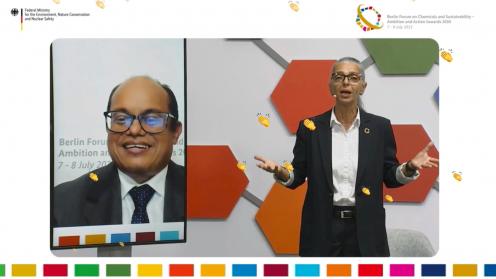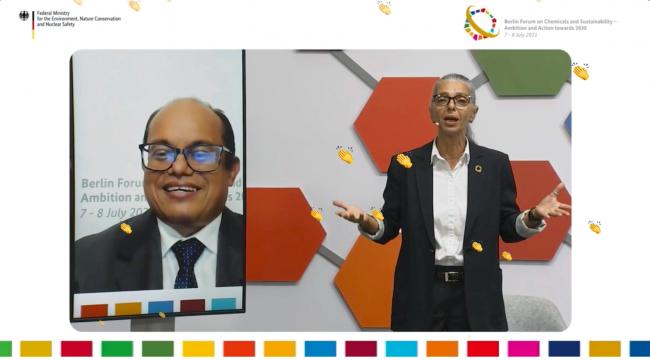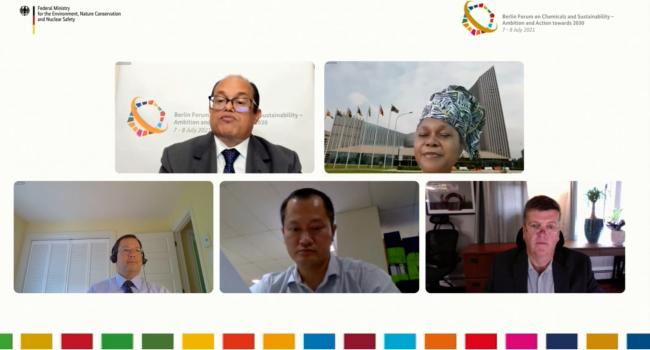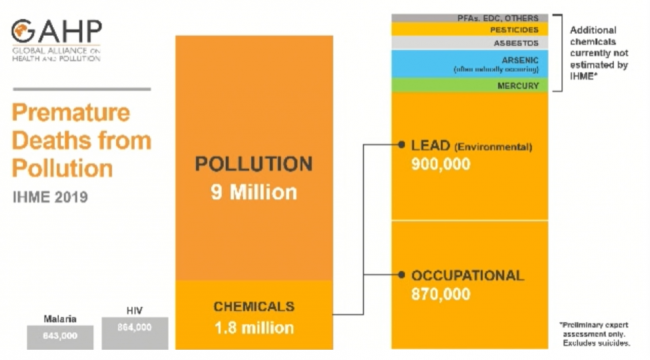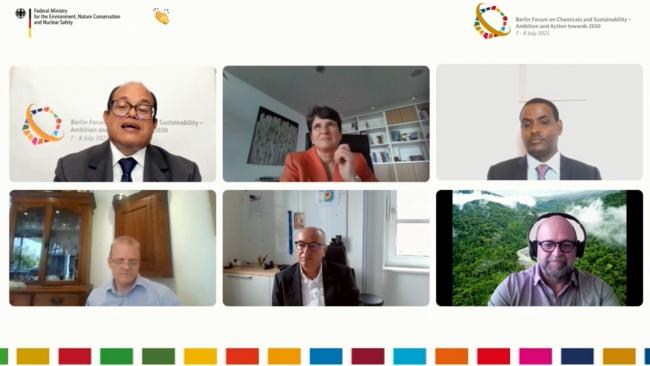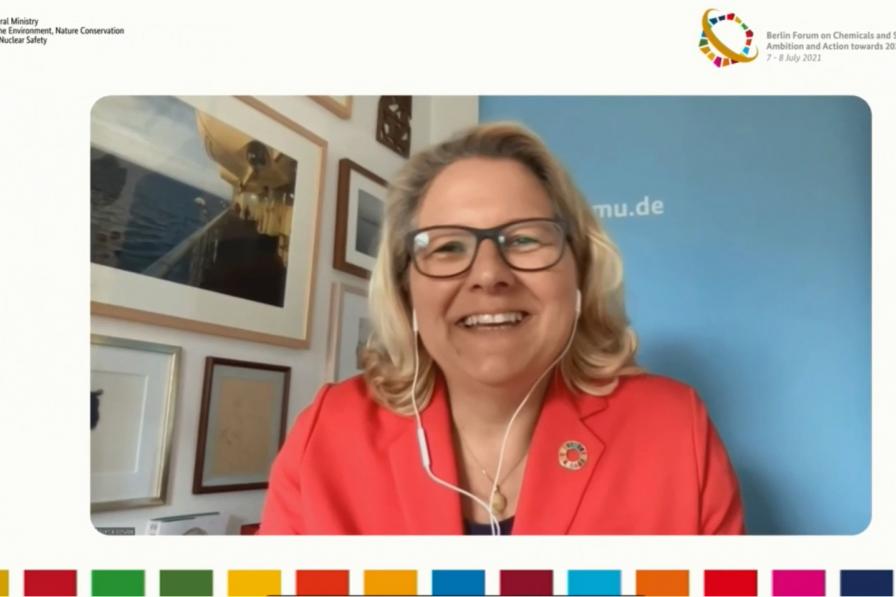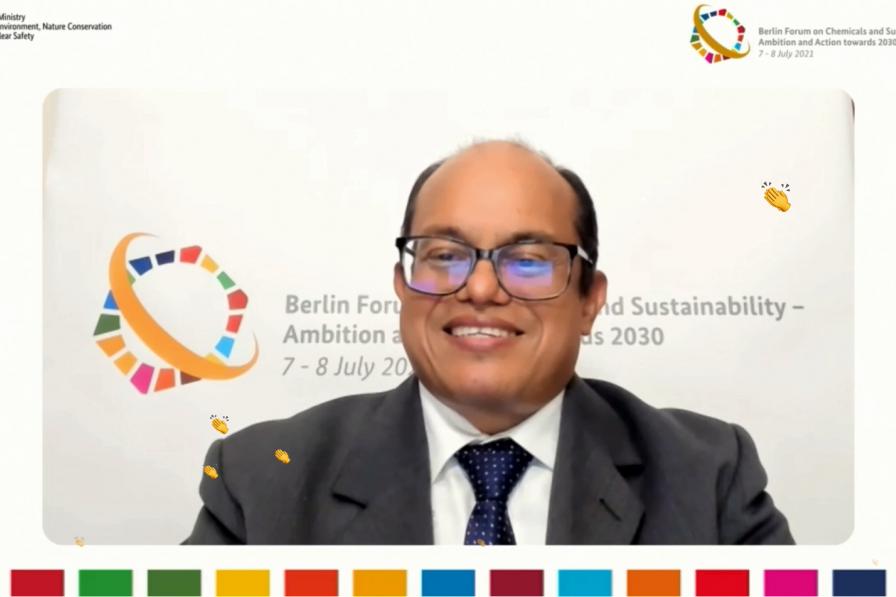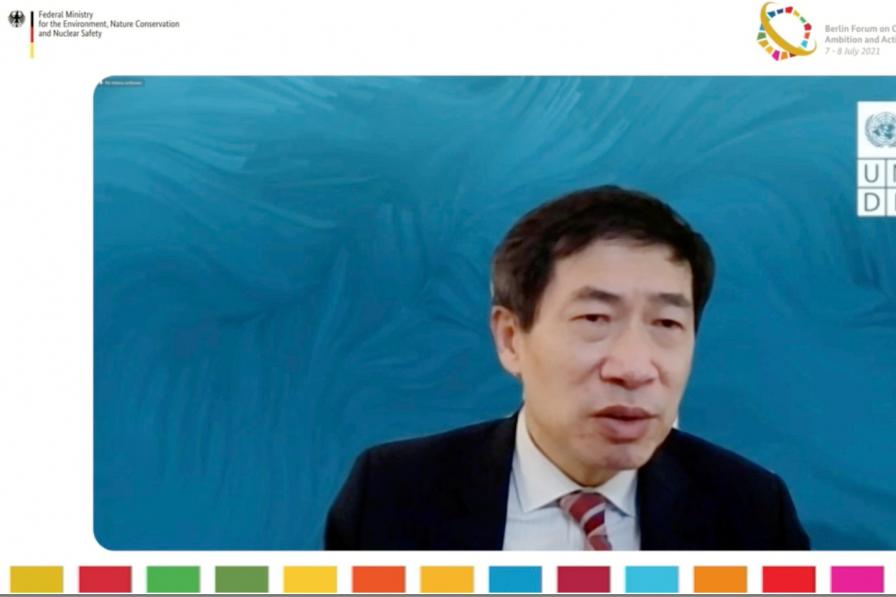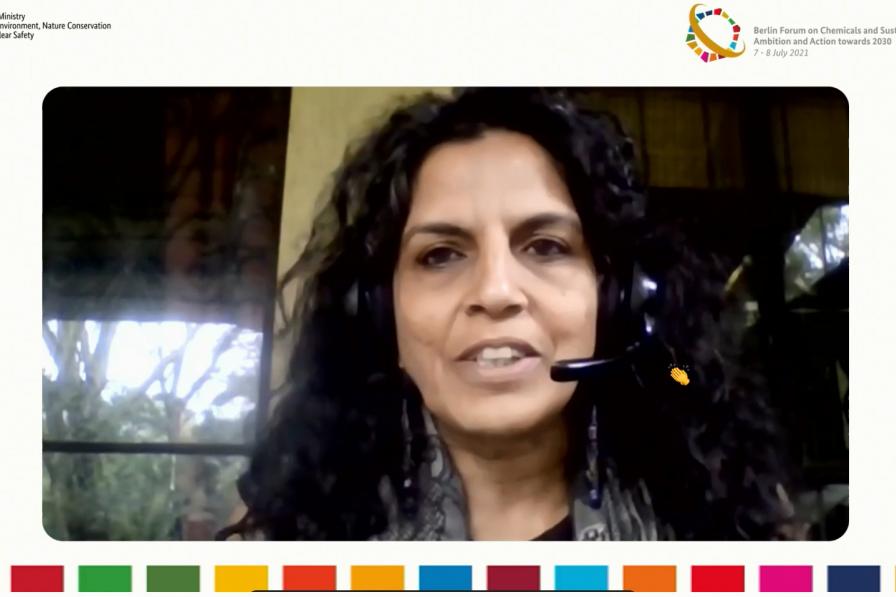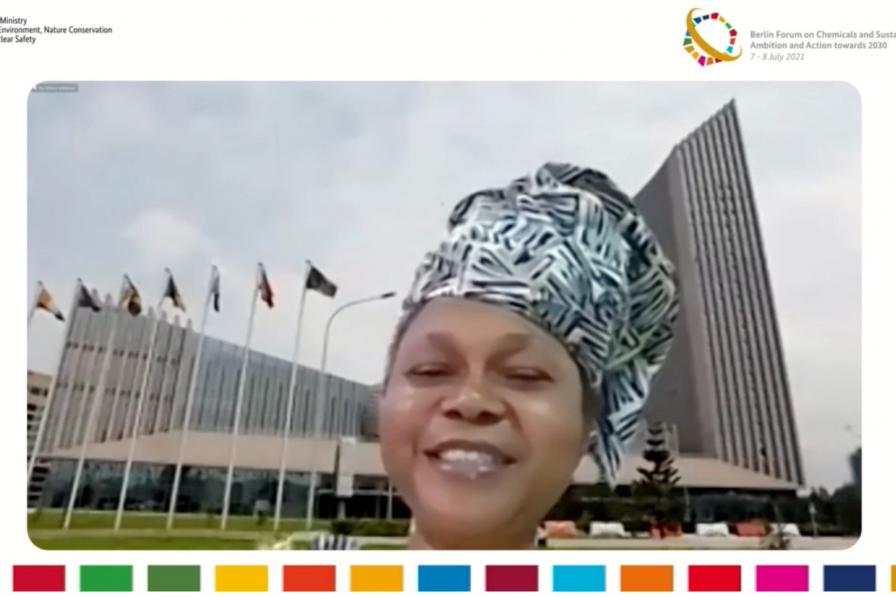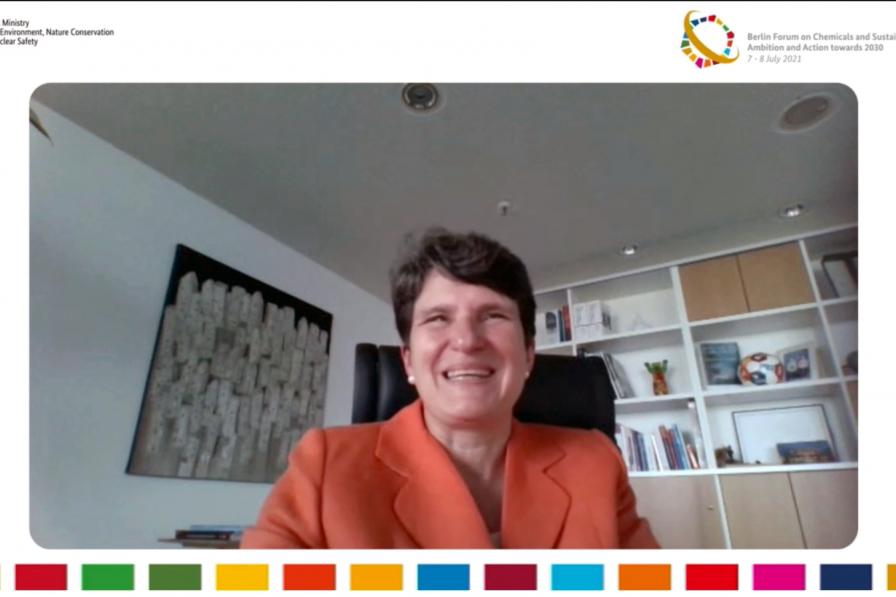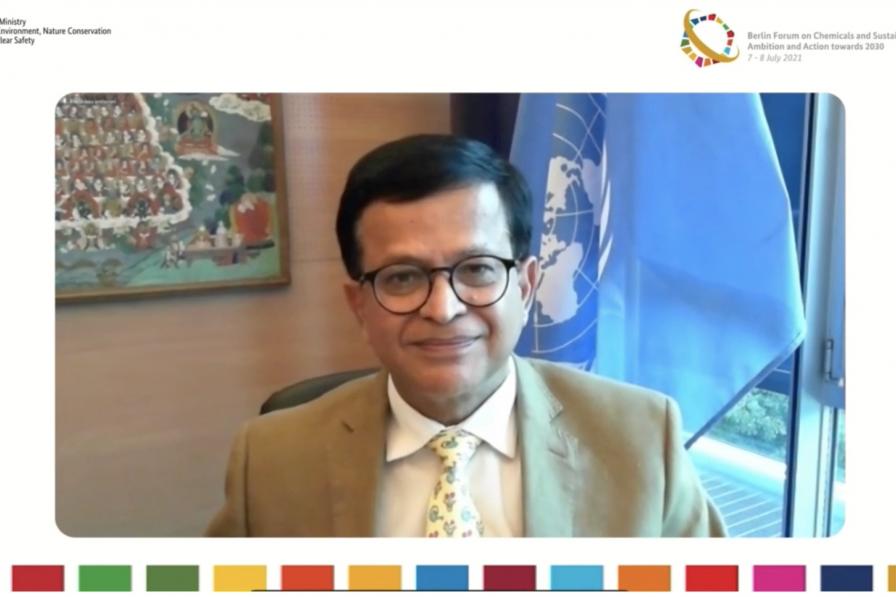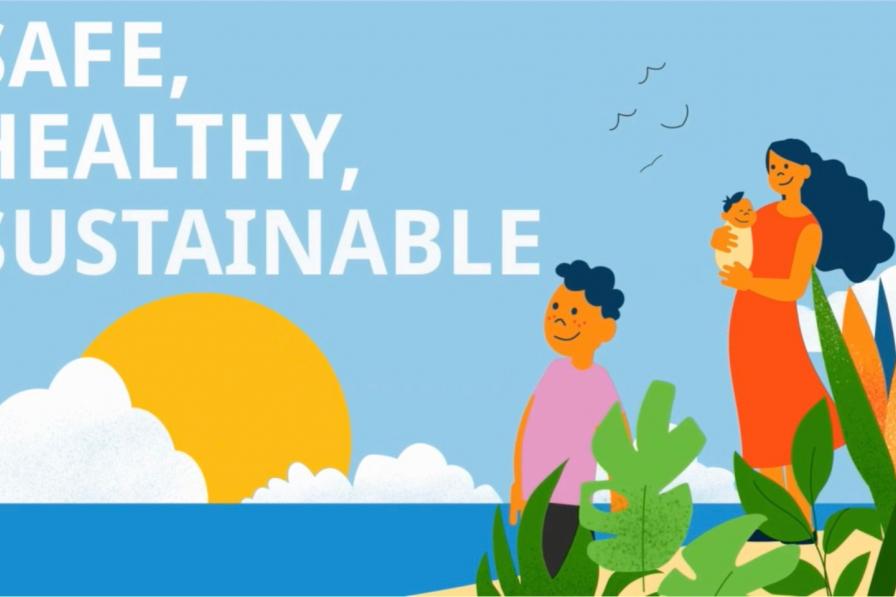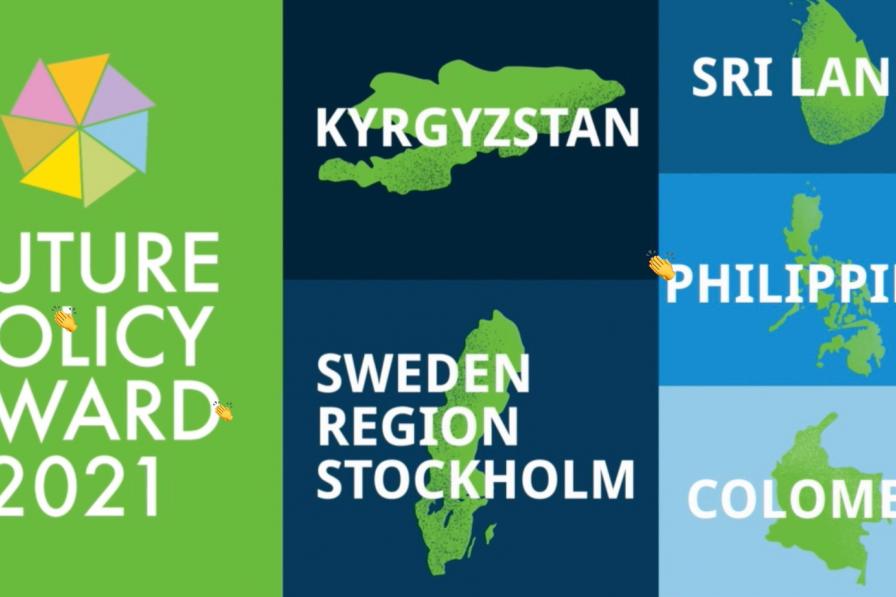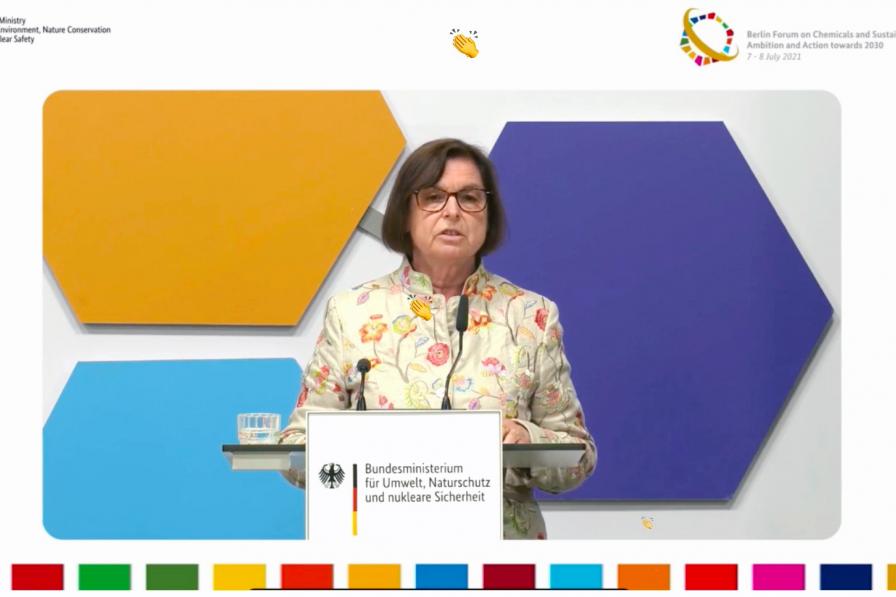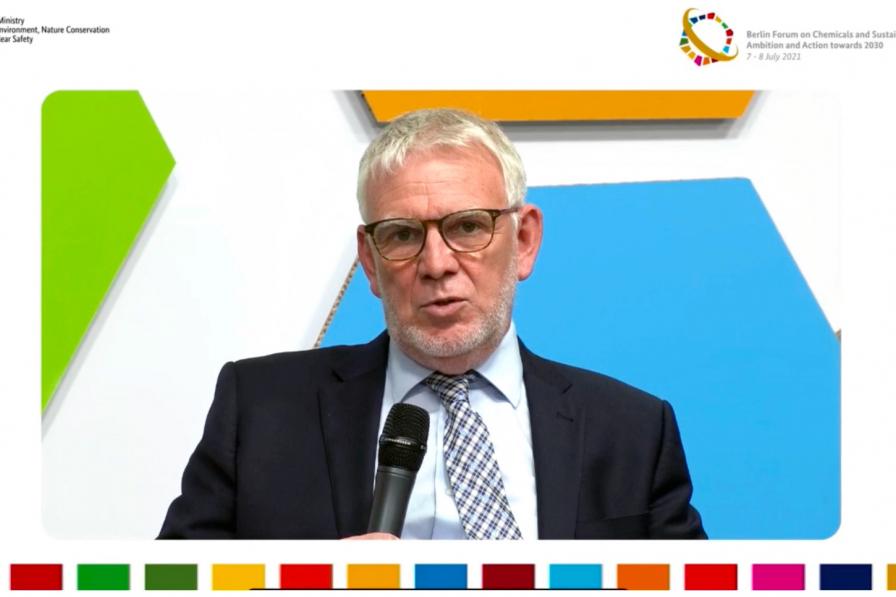The Berlin Forum Stakeholder Dialogue featured an interactive discussion moderated by Rolph Payet, Executive Secretary of the Basel, Rotterdam and Stockholm (BRS) Conventions, and Minu Hemmati, Berlin Forum Stakeholder Dialogue. Over 800 participants registered and the moderators encouraged them to participate in polls and submit questions to panel members throughout the session.
During the session, several panelists discussed the need for a science-policy interface (SPI) on chemicals and waste. Sheila Aggarwal-Khan, Director, Policy and Programme Division, UNEP, outlined three options for an SPI. These included: an independent global platform similar to the Intergovernmental Panel on Climate Change (IPCC); institutionalizing the Global Chemicals Outlook and Global Wastes Outlook; and subsidiary or thematic types of task forces or panels.
In the context of the Sustainable Development Goals (SDGs), Haoliang Xu, Assistant Secretary General and Director of Bureau for Policy and Programme Support, UNDP, underlined the need to eliminate single use plastics, especially given the expansion of e-commerce. He cited examples from Ghana, Colombia, and elsewhere that show innovation is possible at local and national scales.
In the panel session on strengthening and enhancing implementation, panelists highlighted the importance of national legal frameworks in creating the right environment for managing chemicals and provided examples of their local laws and policies. On the regional level, a panelist noted the need for an updated chemicals strategy for Africa, based on the Libreville Declaration on Health and Environment in Africa and aligned with the SDGs and Agenda 2063. They outlined the role of the SPI in, inter alia, supporting implementation of the BRS Conventions.
In the panel session on creating new paths, panelists addressed approaches that supplement, support, and reinforce existing measures for sustainable chemicals management. Several panelists considered the prospect of an SPI on chemicals and waste – noting any such body should be global, authoritative, “horizon scanning,” prestigious, independent, and inclusive.
Closing the session, Jochen Flasbarth, State Secretary, Federal Ministry for the Environment, Nature Conservation and Nuclear Safety, Germany, outlined some of his takeaways from the Berlin Forum. He stressed the need for implementation and learning by doing. Such action, he said, requires political will and raising awareness of the problems and opportunities, which he hoped the Forum has helped achieve. He said the upcoming International Conference on Chemicals Management provides an opportunity to adopt an ambitious and robust framework for global action.
Rolph Payet concluded the session, calling for a comprehensive approach to the sound management of chemicals and waste.
The Forum closed at 4.30pm CEST.
